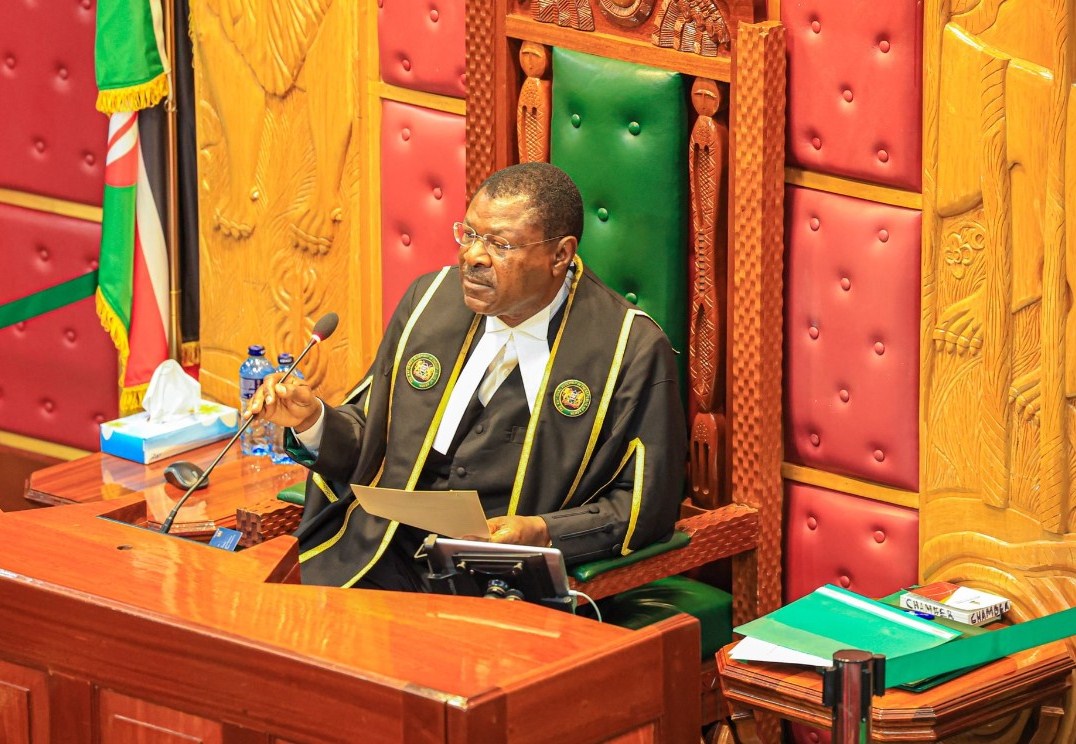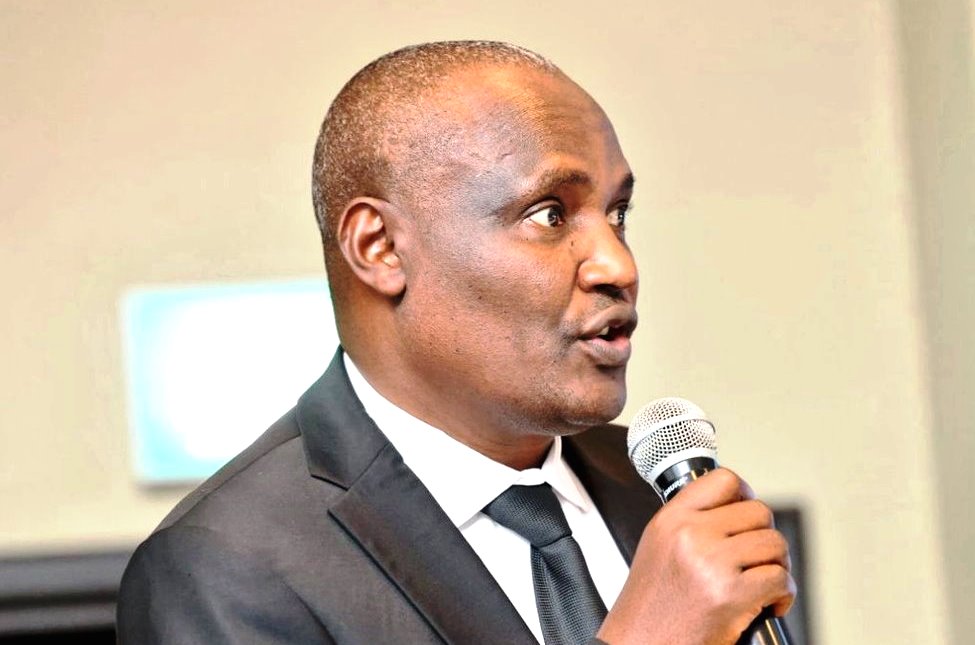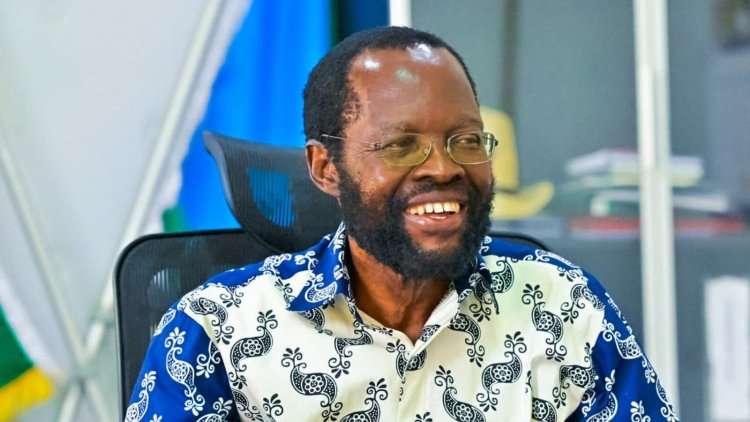A majority of Kenyan citizens do not have any form of medical aid to help cover their healthcare expenses in the event of illness, according to the latest Afrobarometer survey. Most of those without health insurance say they simply cannot afford it. An overwhelming majority of citizens also report concerns about being unable to access or afford medical care should a member of their family fall ill.
Among those who sought treatment at a public health facility in the past year, nearly two-thirds said it was difficult to obtain the services they required. Most Kenyans believe the government should ensure that all citizens have access to adequate healthcare, even if it requires higher taxation. However, support for this approach is notably weaker in Kenya compared to other countries surveyed by Afrobarometer.
One reason for this comparatively low support may be widespread public resistance to tax increases, a sentiment that fuelled mass protests against the 2024 Finance Bill.
Survey results indicate broad opposition to newly introduced taxes, including the housing levy, increased fuel taxes, and proposed tax rises aimed at reducing government borrowing. Sixty-one per cent of Kenyans say they lack any form of medical aid, with only 39% reporting coverage through some type of scheme.
Of those without coverage, the majority (59%) cite financial constraints as the primary barrier. Other reasons include a lack of knowledge about how to enrol or perceptions of a complicated process (10%), distrust in health insurance schemes (7%), unawareness of available schemes (5%), the belief that no scheme is available locally (4%), and the perception that it is unnecessary due to good health or youth (2%).
More than three-quarters (78%) of respondents say they are worried—either “somewhat” (21%) or “a lot” (57%)—that a family member might fall ill and be unable to access or afford the care needed. A further 11% say they worry “a little,” while only 10% express no concern.
Among citizens who interacted with public clinics or hospitals in the past 12 months, 63% reported that it was either “difficult” (33%) or “very difficult” (30%) to access the services they needed. Despite these challenges, 57% of Kenyans say the government should guarantee access to adequate healthcare for all, even if it requires higher taxes. However, 39% oppose this notion. While a majority still backs universal healthcare, Kenya ranks 26th out of 28 countries surveyed—well below the 70% average support seen across the continent.





